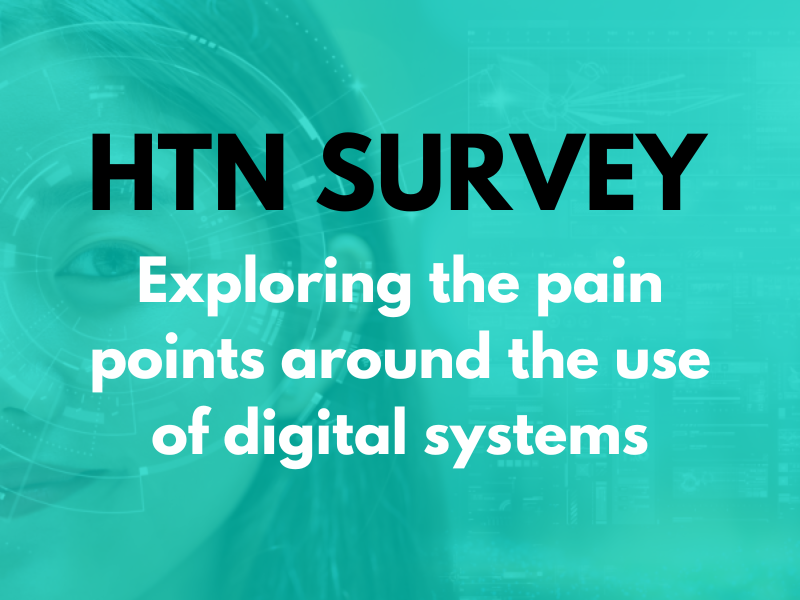NHS England is looking to create a supplier registry for ambient voice technology (AVT) solutions, aiming to support buying authorities within the health and care sector when finding a compliant AI scribing tool.
According to NHS England, the self-certified registry will provide a “transparent, centralised platform where AVT suppliers can self-declare compliance”. It will come with an accompanying resource library, with the aim of offering support for the procurement process, while also encouraging transparency around safety, data handling and performance.
“The expectations are that buying authorities such as GPs, ICBs and acute trusts will use the AVT Registry and accompanying resource library as part of the necessary and locally required due diligence governance checks and to inform a suitable and compliant route to market,” the organisation shared.
The listed AI solutions that will feature on the registry include functionality spanning: ambient voice capture, real-time speech-to-text transcription, generative AI summarisation, suggested structured coding, intelligent identification for referral, intelligent summarisation for referral and patient, automated template population, review for approval for clinical, and integration and API Management – EPRs.
NHS England has also outlined a set of requirements that each supplier must meet, including: compliance with the current DTAC assessment; MHRA Class 1 Registration and evidence of post-market surveillance; proven impact and experience of AVT solutions in healthcare environments; integration with existing digital infrastructure; scalability; and evidence of the solution meeting stated capabilities.
Once the registry is up and running, submissions will be accepted on an ongoing basis however, for suppliers who are interested in participating in the initial launch, all required documentation and video evidence must be completed by 17 November 2025.
Ambient voice technology across health and care: the wider trend
A recent HTN Now session looked at some of the practicalities and key considerations to take into account when it comes to using ambient scribe technology in primary care and general practice. This meant delving into the risks, evidence, compliance, and how to move forward. Panellists included Dr Shanker Vijayadeva, GP, NHS England (London region); Rhod Joyce, deputy director of digital transformation, NHS England; Dr Dom Pimenta M.D., co-founder & chief executive officer, Tortus AI; Dr Hannah Allen, chief medical officer, Heidi Health; and Dr Andrew Whiteley, managing director, Lexacom.
A recent feature by Jack Tabner, general manager for mental health at Accurx focused on navigating the future of ambient voice technology, partially in mental health. The feature explored patient trust and the limits of AI as two of the critical challenges when implementing this tool and noted how integrating AVT into mental health care is not a technological problem, but a humanistic challenge.
Earlier in the year, Digital Health and Care Wales conducted a market discovery exercise to explore the ambient voice technology solutions currently available and capable of meeting the needs of general practice and primary care throughout the region. The general medical services team within DHCW have outlined one key objective, aiming to gather market intelligence that will better inform their approach and “empower GP practices to use ambient scribe tools to drive general practice efficiencies and enhance patient care”.





